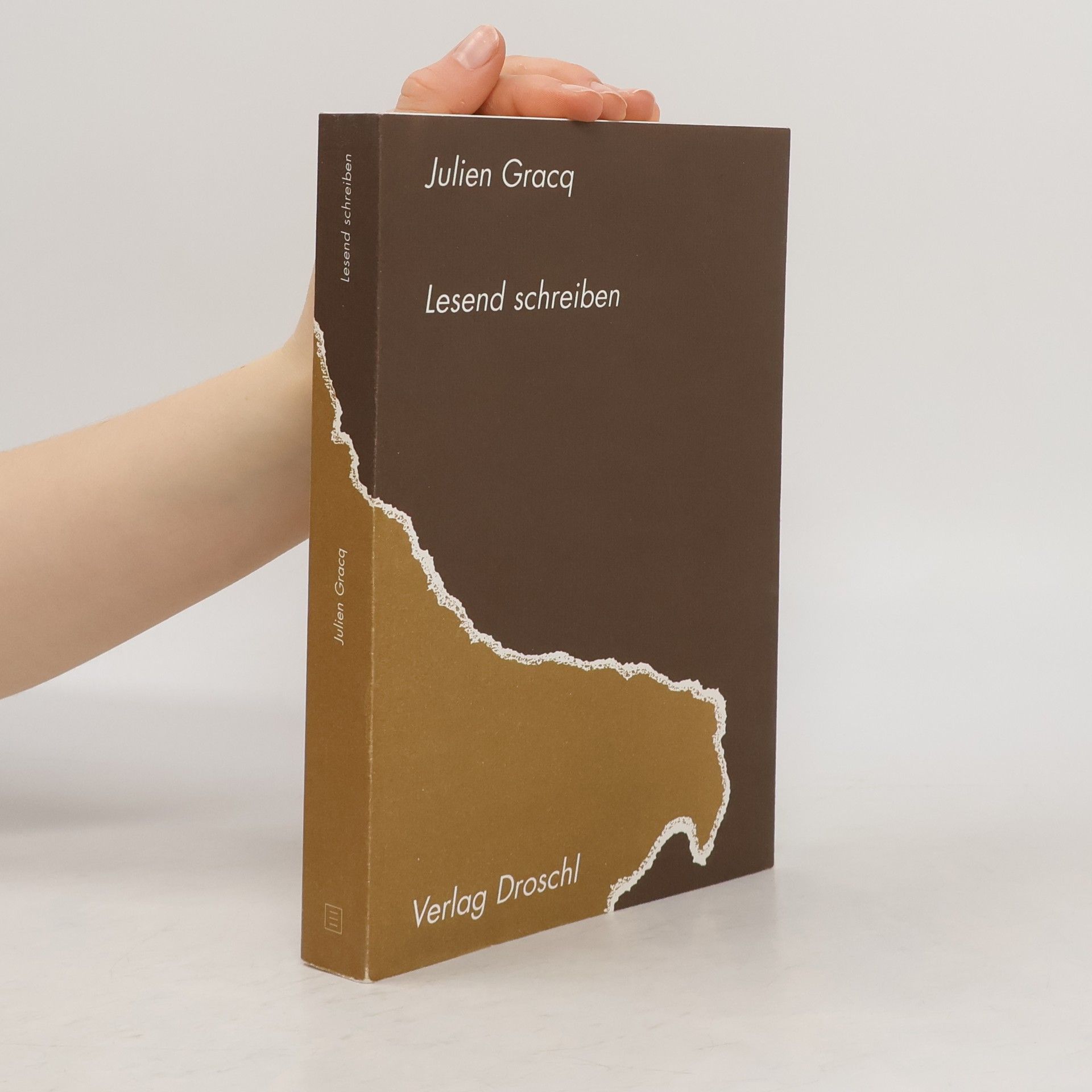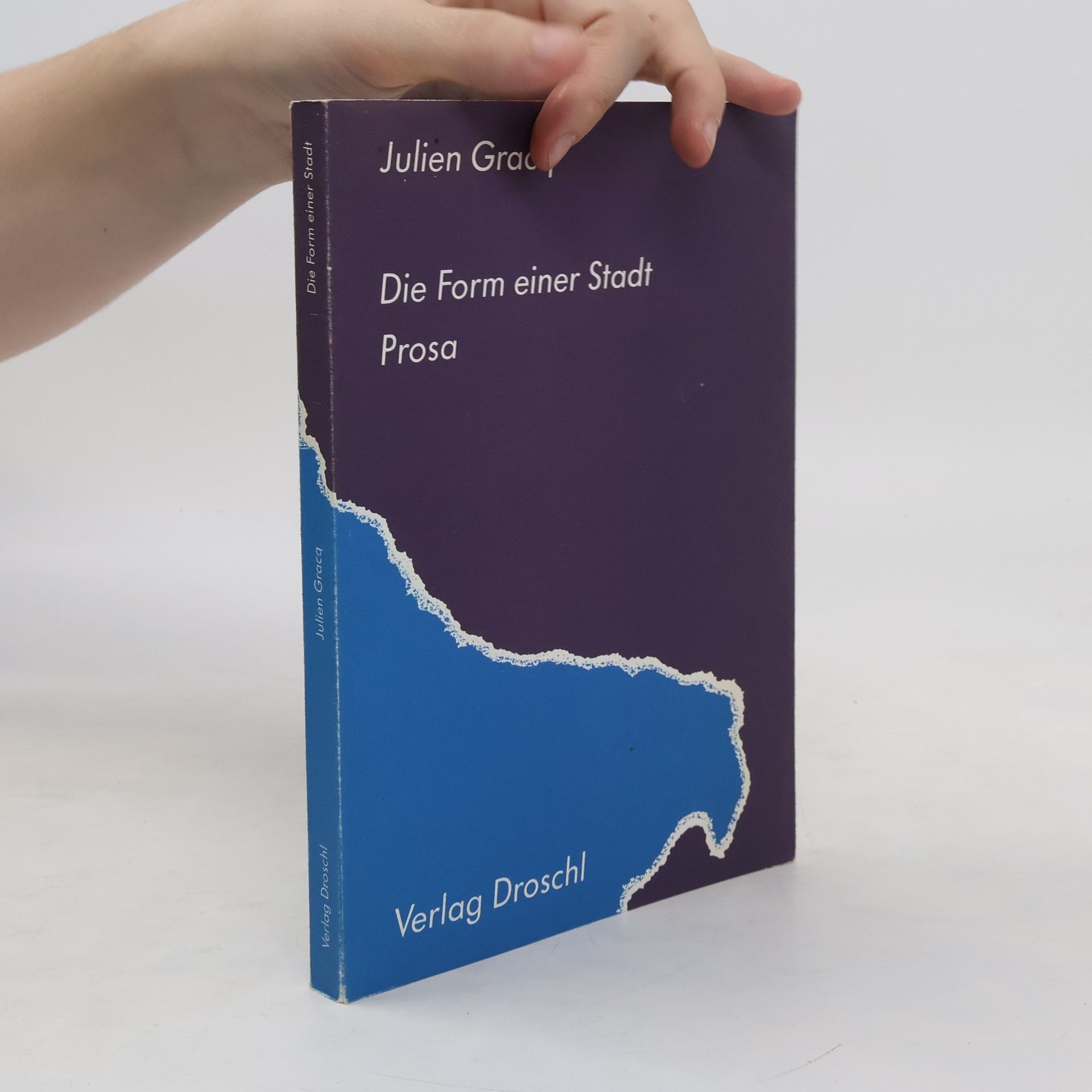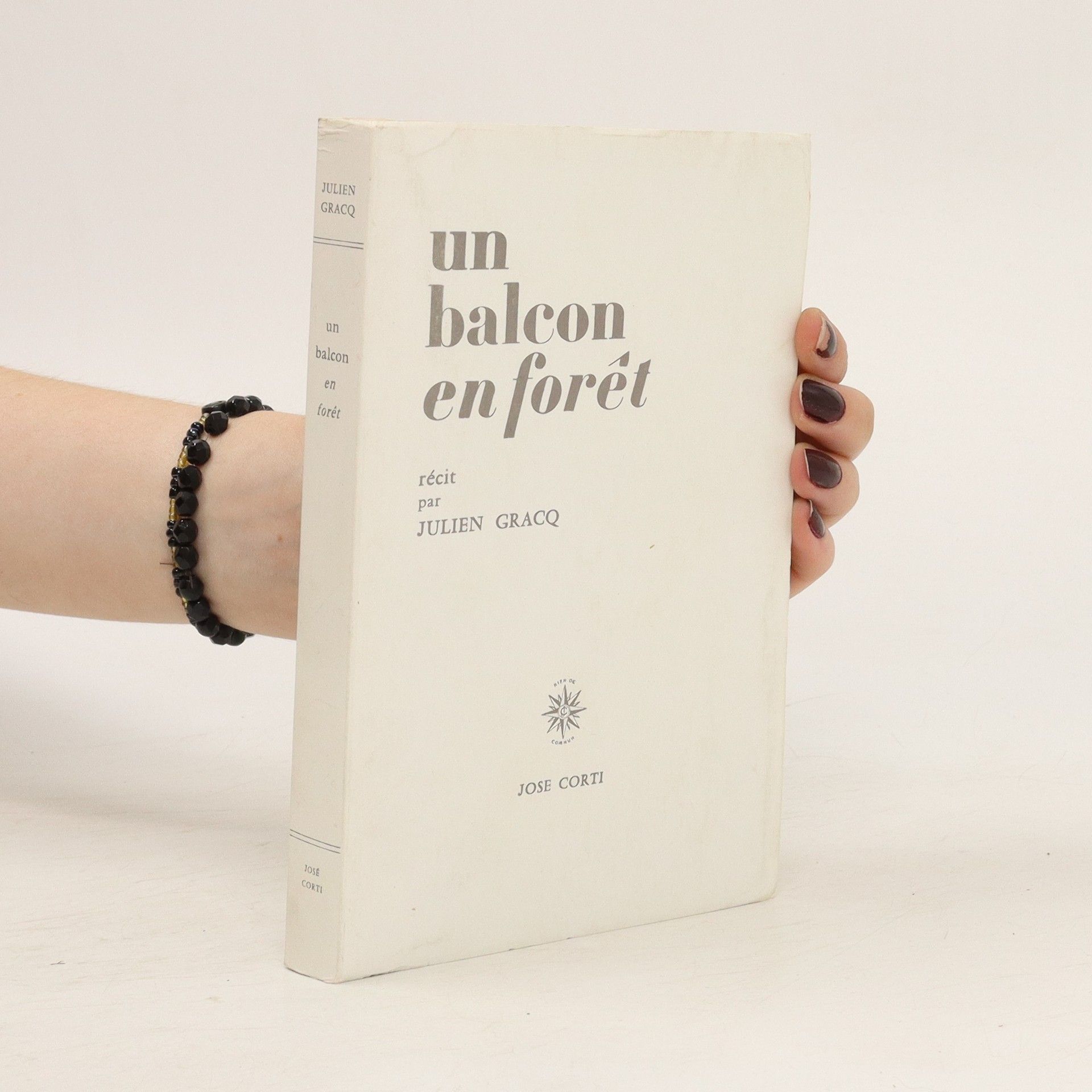A previously untranslated gem of Surrealist prose poetry from the acclaimed French novelist In 1941, Julien Gracq, newly released from a German prisoner-of-war camp, wrote a series of prose poems that would come to represent the only properly Surrealist writings in his oeuvre. Surrealism provided Gracq with a means of counteracting his disturbing wartime experiences; his newfound freedom inspired a new freedom of personal expression, and he gave the collection an appropriate title, Great Liberty: "In the occult dictionary of Surrealism, the true name of poetry is liberation." Gracq the poet rather than the novelist is at work here: Surrealist fireworks lace through bewitching modernist romance, fantasy, black humor and deadpan absurdism. A later, postwar section entitled "The Habitable Earth" presents Gracq as visionary traveler exploring Andes and Flanders and returning to the narrative impulse of his better-known fiction. Julien Gracq(1910-2007), born Louis Poirier, is known for such dreamlike novels as The Castle of Argol, A Dark Stranger, The Opposing Shoreand Balcony in the Forest. He was close to the Surrealist movement, and André Breton in particular, to whom he devoted a critical study.
Julien Gracq Libros
Julien Gracq, cuyas obras literarias se caracterizaron por su Surrealismo, fue un escritor francés cuya prosa invitaba a los lectores a paisajes oníricos. Su escritura, que abarca novelas, críticas y poesía, demuestra un profundo compromiso con el movimiento surrealista, particularmente a través de su influencia en su alcance imaginativo y sus elecciones estilísticas. La voz distintiva de Gracq reside en su capacidad para crear narrativas inmersivas que exploran los límites de la realidad y la percepción. Sus contribuciones literarias ofrecen una perspectiva única sobre el poder del subconsciente y la exploración artística de la mente.

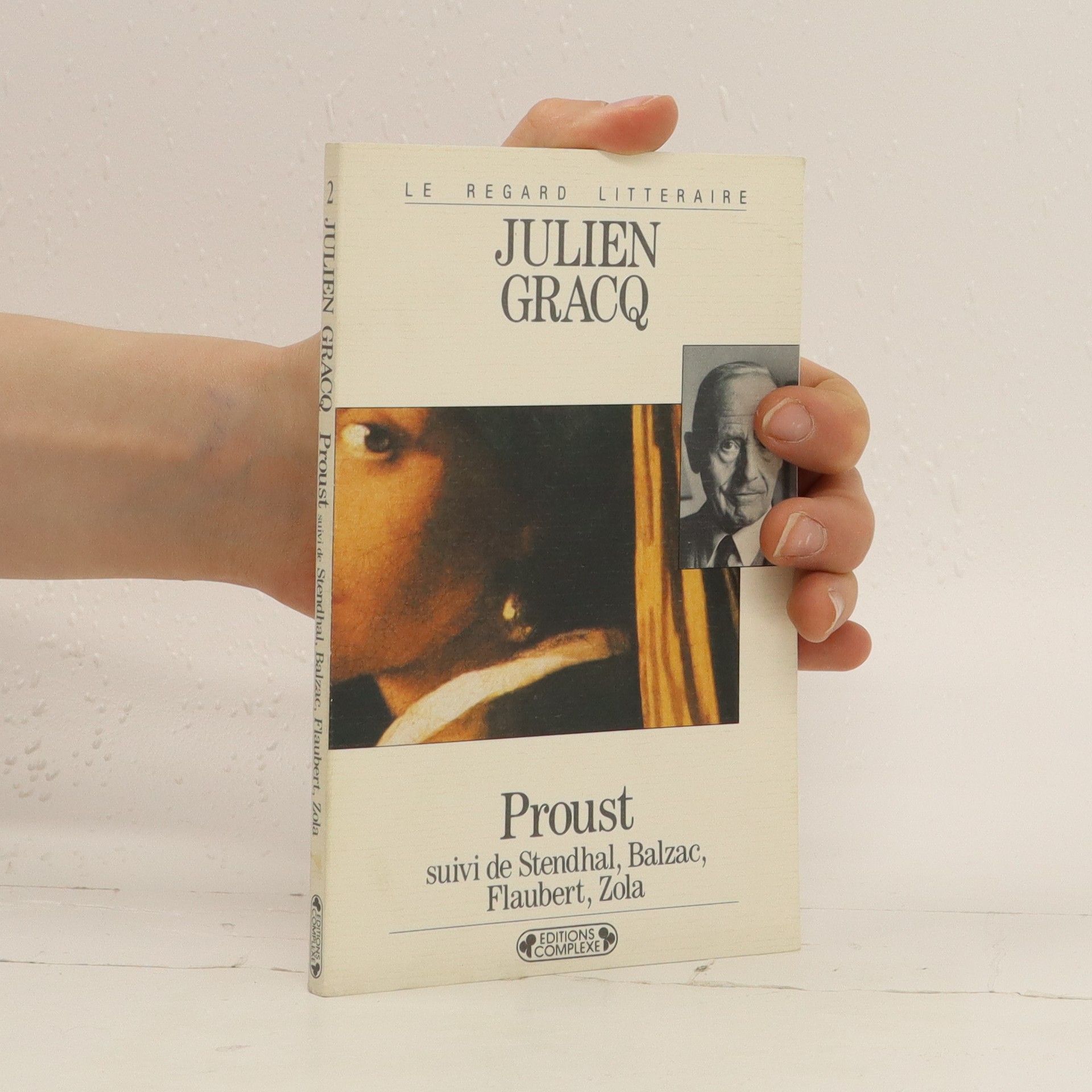
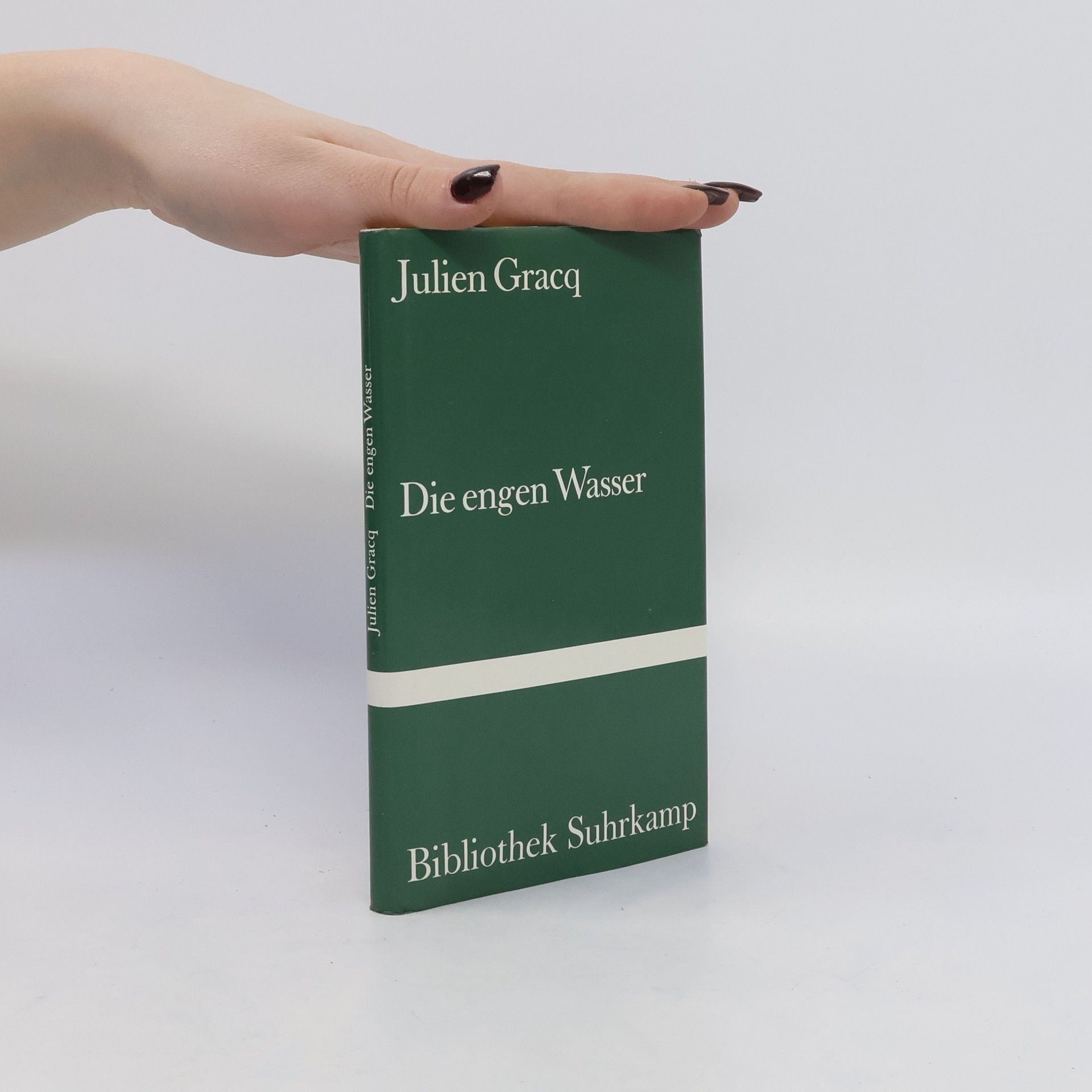




The Opposing Shore
- 292 páginas
- 11 horas de lectura
The narrator of this story, Aldo, a world-weary young aristocrat, is posted to the coast of Syrtes, where the Admiralty keeps the seas constantly patrolled to defend the demarcation between two powers still officially at war. This book won the Prix Goncourt.
Lettrines
- 262 páginas
- 10 horas de lectura
Proust considéré comme terminus suivi de Stendhal, Balzac, Flaubert, Zola
- 113 páginas
- 4 horas de lectura
Balayant d'un regard à la fois complice et exigeant plus d'un siècle de littérature romanesque, Julien Gracq nous introduit à la respiration littéraire même et nous donne le désir de lire ou de relire autrement ces écrivains que nous croyions familiers.
Die Form einer Stadt
Prosa
Die Form einer Stadt, so schrieb Baudelaire, wandelt sich sprunghafter als das Herz eines Sterblichen. Fünf Jahrzehnte nach seinem Aufenthalt in Nantes als Internatszögling unternimmt Gracq keine nostalgische Spurensicherung. Er entwirft eine atmosphärisch dichte Topologie der Stadt Nantes, er spürt den Verschränkungen von Traum und Wirklichkeit, von Geografie und Fantasie nach.
Un balcon en forêt
- 256 páginas
- 9 horas de lectura
1939, ce sont les premiers mois de ce que l’on appellera la drôle de guerre. Période de suspens, d’attente particulièrement dans les Ardennes où l’aspirant Grange a pour mission d’arrêter les blindés allemands si une attaque se produisait. A la fois île déserte et avant-poste sur le front de la Meuse où montent des signes inquiétants.
Novela francouzského spisovatele, který bývá přiřazován ke druhé surrealistické vlně. V kulisách tajemného zámku Argol se odehrává fantomatický příběh o lásce a smrti, v němž skutečnost často splývá se snem a naopak.
